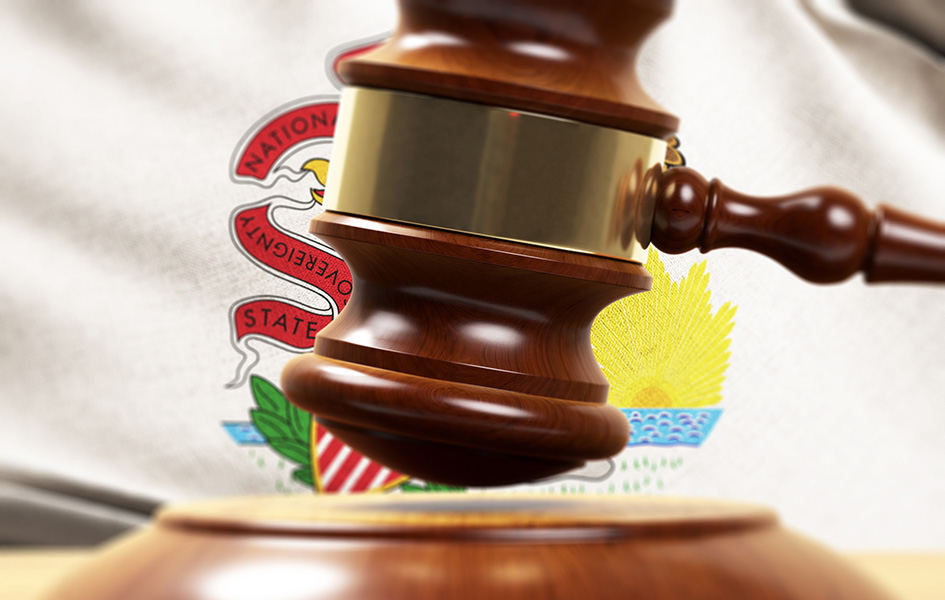Freedom of Information Act requests are often vague, causing government entities to seek clarification from the requester. The best practice for government agencies is a follow-up discussion with a requester, resulting in simplification and narrowing of the request which can lead to a requester getting what they want and fewer government resources spent getting them the information. However, sometimes the quest for clarification can be taken by a requester to be gamesmanship, whether actually intended or not.
In Edgar County Watchdogs v. Joliet Township, 2023 IL App (3d) 210520 (February 23, 2023), the plaintiff submitted a Freedom of Information Act (FOIA) request seeking a “copy of the hard drive contents” of a computer owned by a Township. The Township responded by sending an invoice reflecting a total of $350 for the cost that would be incurred from outsourcing to copy the hard drive. The plaintiff requested the statutory authority for requesting fees. The Township did not respond. The plaintiff filed suit.
The plaintiff alleged that the Township willfully and intentionally violated the FOIA. The Township asserted that their employees did not have the expertise to copy the hard drive on their own and therefore, they should be allowed to charge for the costs incurred. The trial court pointed out that it was unclear whether the requester was seeking the documents on the hard drive or the metadata too and ordered the township to produce the documents on the hard drive only. The court denied the plaintiff’s request for attorney fees, costs and civil penalties reasoning that the lawsuit was “unnecessary” if the plaintiff had just made a reasonable attempt to clarify that the request was for copies of documents and not the hard drive.
The Plaintiff appealed arguing they had succeeded in their FOIA claim by obtaining a court order requiring the Township to provide the documents contained on the Township’s computer. As a result, they argued, the mandatory attorneys’ fees language for “prevailing” parties was triggered and so they should receive fees. However, the Township argued that the requester did not prevail on their FOIA action because they did not obtain a copy of the hard drive and its metadata. The Appellate Court affirmed the trial court’s decision, agreeing that the plaintiff was not entitled to attorney’s fees or civil penalties. The Appellate Court found that the Township was willing to produce the records upon receipt of payment and the lawsuit was “unnecessary”. It could have been avoided if the petitioner had “made a reasonable attempt to clarify [their] request before bringing [suit]”.
While Edgar County Watchdogs and other similar organizations certainly serve a valuable role in promoting transparency at the local government level, it is important that requesters and responders err on the side of open lines of communication. The “takeaway” from this case is that courts will not award attorneys’ fees or costs to the plaintiff if they do not make a reasonable attempt to clarify their FOIA request before filing what otherwise might be considered to be an unnecessary lawsuit. This Court requires requesters to demonstrate that a lawsuit is “reasonably necessary to obtain the documents” to recover fees, so requesters should work with agencies to receive the requested documents before filing suit.
If you have questions about FOIA and your obligation, please contact us.
